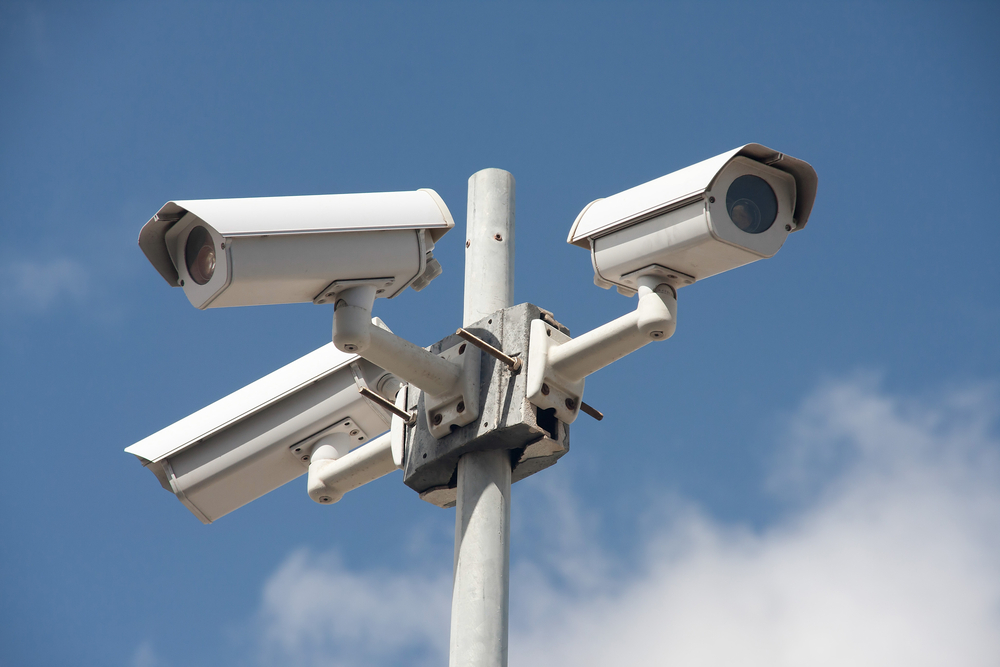The United Kingdom approved a new domestic security law not too long ago. Dubbed as the Investigatory Powers Act, this new law expands the investigative capabilities in multiple ways. In response, Liberty, the civil liberties group launched a crowdfunding campaign to challenge this law in the UK’s High Court. A total of GBP 10,000 or more has to be raised to make this effort successful.
UK Takes Domestic Surveillance To A New Level
The Investigatory Powers Act has been greeted with much criticism and skepticism. That is only to be expected, as it grants special powers to DRIPA. For those who are unaware, DRIPA is an “emergency” surveillance legislation in the United Kingdom, which privacy advocates have labeled as “draconian.” To make matters worse, this emergency surveillance legislation is being rushed through parliament with little opposition.
Handing unprecedented surveillance powers to authorities is never a good idea. Despite these clear warnings issued by critics, the Investigatory Powers Act was passed by UK Parliament in the second half of 2016. Through this new law, Internet service providers are required to log all websites and services their customers connect to. Authorities demanding this information must then receive unrestricted access to all of the details.
What makes this new law so troublesome is how it does not require a warrant to access ISP data. It is an obvious example of privacy invasion, but one that is made legal by the parliament. Civil rights organization Liberty is one of the largest proponents of the new law, and they are looking to challenge the ruling in the UK high court. Doing so requires a substantial amount of funds, though, and the group has started a crowdfunding campaign to make this legal challenge happen.
Liberty wants to contest a total of four “bulk powers” provided by this new surveillance law. Internet Connection Records are a treasure trove of valuable personal information. Hackers and other cyber criminals can access this information as well when it is collected, which should be avoided at all costs. Additionally, Liberty wants the High Court to revise the Bulk interception privilege granted by the IP Act.
Right now, the UK government can read all digital communications, and even listen in on private phone calls without the need of any suspicion of criminal activity. Police and security agencies are also given carte blanche to hack and modify electronic devices. Furthermore, the owners of these devices are not required to be suspects in an ongoing criminal investigation.
There is more! The IP Act also allows agencies to acquire and link databases. For example, they can collect details on religious beliefs, sexuality, political preferences, and other criteria. Giving agencies full access to all of this information means hackers can take advantage of the records as well. Allowing for mass surveillance on such an unprecedented scale is unsafe.
If you liked this article, follow us on Twitter @themerklenews and make sure to subscribe to our newsletter to receive the latest bitcoin, cryptocurrency, and technology news.

